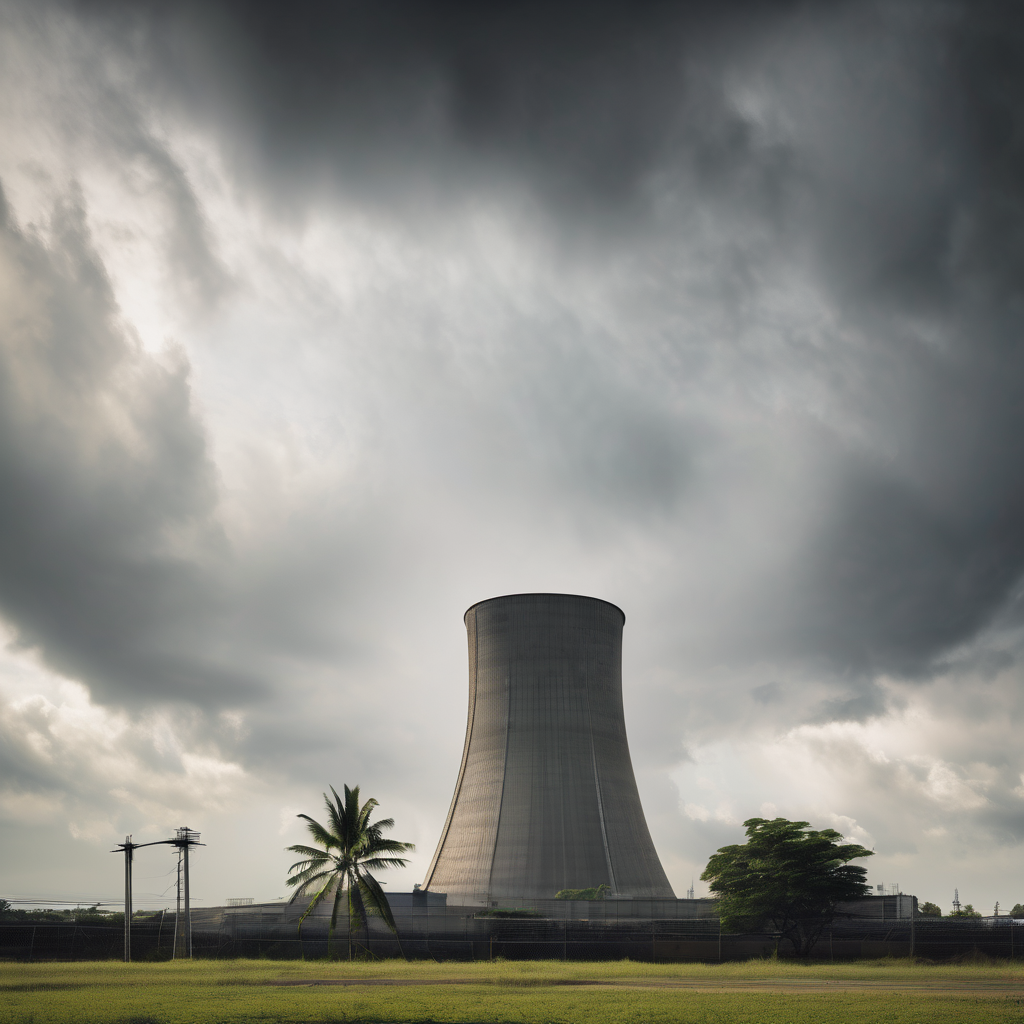Russian President Vladimir Putin has directed his top officials to consider proposals for resuming nuclear weapons testing, marking a significant shift in policy as Moscow has not conducted such tests since the Soviet Union disbanded in 1991. This move is largely a response to U.S. President Donald Trump’s recent announcement about potential nuclear testing, further complicating the already fraught relationship between the two nations, which maintain the world’s largest nuclear arsenals.
Putin’s instructions came during a meeting with his Security Council, emphasizing the importance of intelligence gathering and analysis regarding U.S. intentions. “I am instructing the Foreign Ministry, the Defence Ministry, the special services and relevant civilian agencies to do everything possible to collect additional information on the issue,” he stated. The escalating dialogue underscores a reaction to Trump’s nuclear agenda and reflects persistent geopolitical tensions exacerbated by the ongoing war in Ukraine.
In the wake of rising friction, Trump recently canceled a planned summit with Putin, a significant gesture that signals the diminishing prospects for constructive dialogue amid heightened military posturing. The U.S. and Russia have seen a stark deterioration in relations, particularly as Trump expressed concerns over Russia’s military activities, including the testing of advanced nuclear-capable weapons.
At the same meeting, Russian Defence Minister Andrei Belousov recommended rapid preparations for comprehensive nuclear tests, citing the necessity to respond promptly to U.S. actions. General Valery Gerasimov noted the potential loss of opportunities if Russia does not act swiftly. These remarks suggest a strategic urgency among Russian military leaders to reaffirm their nuclear capabilities in light of perceived threats.
Security experts warn that resuming nuclear tests would have destabilizing effects globally, potentially triggering an arms race among nuclear powers. The call for such testing by both nations echoes a sentiment shared by analysts that the current climate could lead to an action-reaction cycle that escalates military tensions even further.
As both countries navigate these complexities, the international community remains vigilant, advocating for diplomatic efforts to alleviate rising hostility. The emphasis on dialogue is fostered by the belief that strategic conversations could pave the way for de-escalation and future stability. Though the dynamics are challenging, champions of peace continue to urge for diplomatic resolutions amidst the pursuit of military readiness, indicating a glimmer of hope for constructive engagement in a tumultuous landscape.
